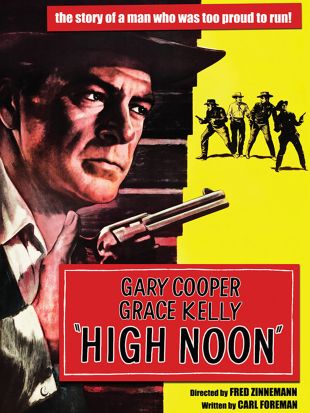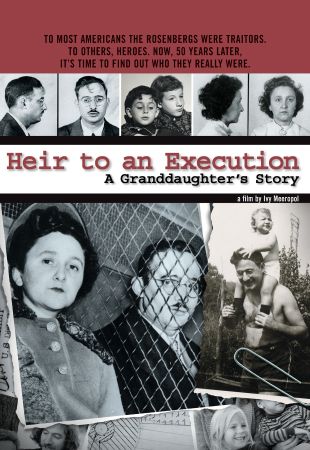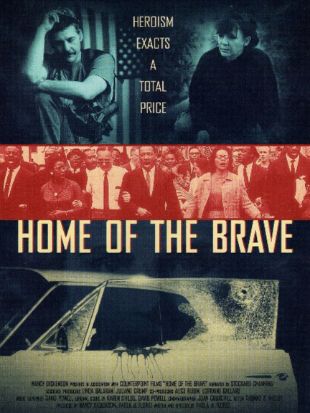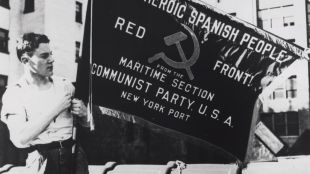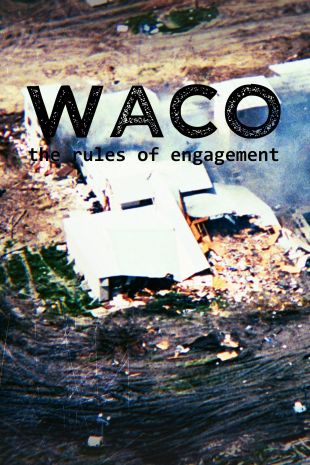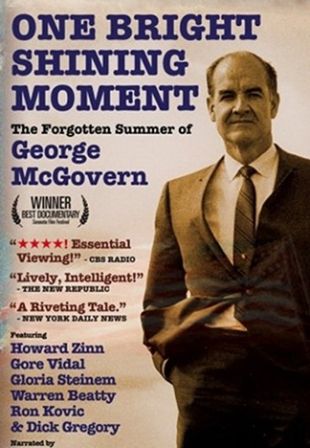Darkness at High Noon: The Carl Foreman Documents (2002)
Directed by Lionel Chetwynd
Genres - Historical Film |
Sub-Genres - Biography, Film & Television History, Politics & Government, Social History |
Run Time - 120 min. |
Countries - United States |
Share on
Synopsis by Hal Erickson
The purpose of this PBS documentary is to show that the true villains of the Hollywood Blacklist were not always "evil" politicians and fat-cat studio moguls. Filmmaker Lionel Chetwynd (ironically a lifelong staunch conservative) has chosen his mentor, screenwriter Carl Foreman, as the hero of the piece. The narrative focuses on 1952, the year that Foreman wrote the script for the classic Western High Noon. Even as his film is being lauded by the critics and the public alike as a masterpiece, the politically "dangerous" Foreman cannot find work in Hollywood, and the State Department is endeavoring to seize his passport. It is hurtful enough that old friends shun him, out of fear that they too will be "tainted"; but when even Stanley Kramer, the self-avowed liberal producer of High Noon, turns his back on Foreman, it is too much to bear. Chetwynd's teleplay is based upon an impassioned letter written by Foreman to influential film critic Bosley Crowther -- a desperate effort on the part of the screenwriter to state his case before the public, and, as it turns out, a futile gesture. At the time of its original telecast in September 2002, Darkness at High Noon: The Carl Foreman Documents incurred the wrath of Stanley Kramer's widow, Karen Sharpe Kramer, who insisted that her late husband was being unfairly maligned; thus it was that Chetwynd was forced to add a disclaimer to the document, begrudgingly stating that his thesis was merely "one version of the story."
Characteristics
Themes
Keywords
blacklist, filmmaker, Hollywood, investigation, letter, McCarthyism, producer [showbiz], screenwriter
